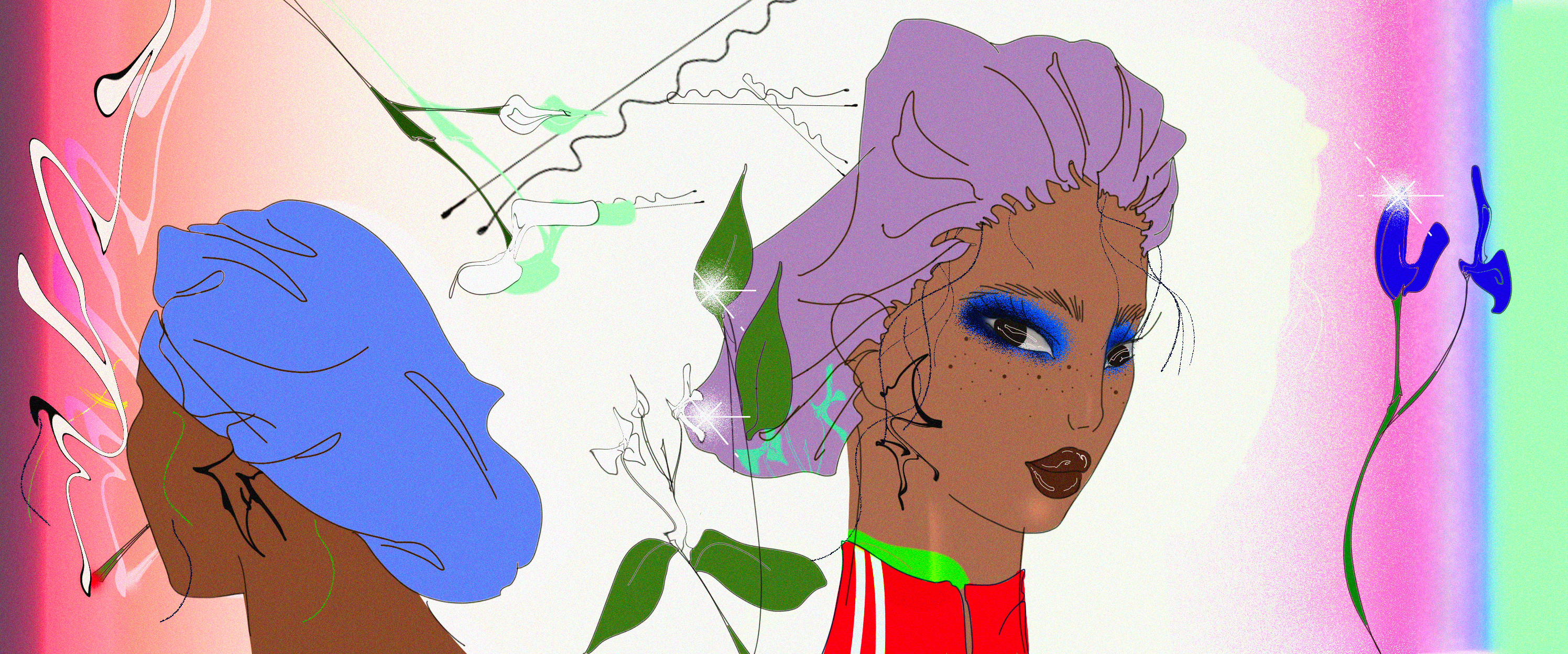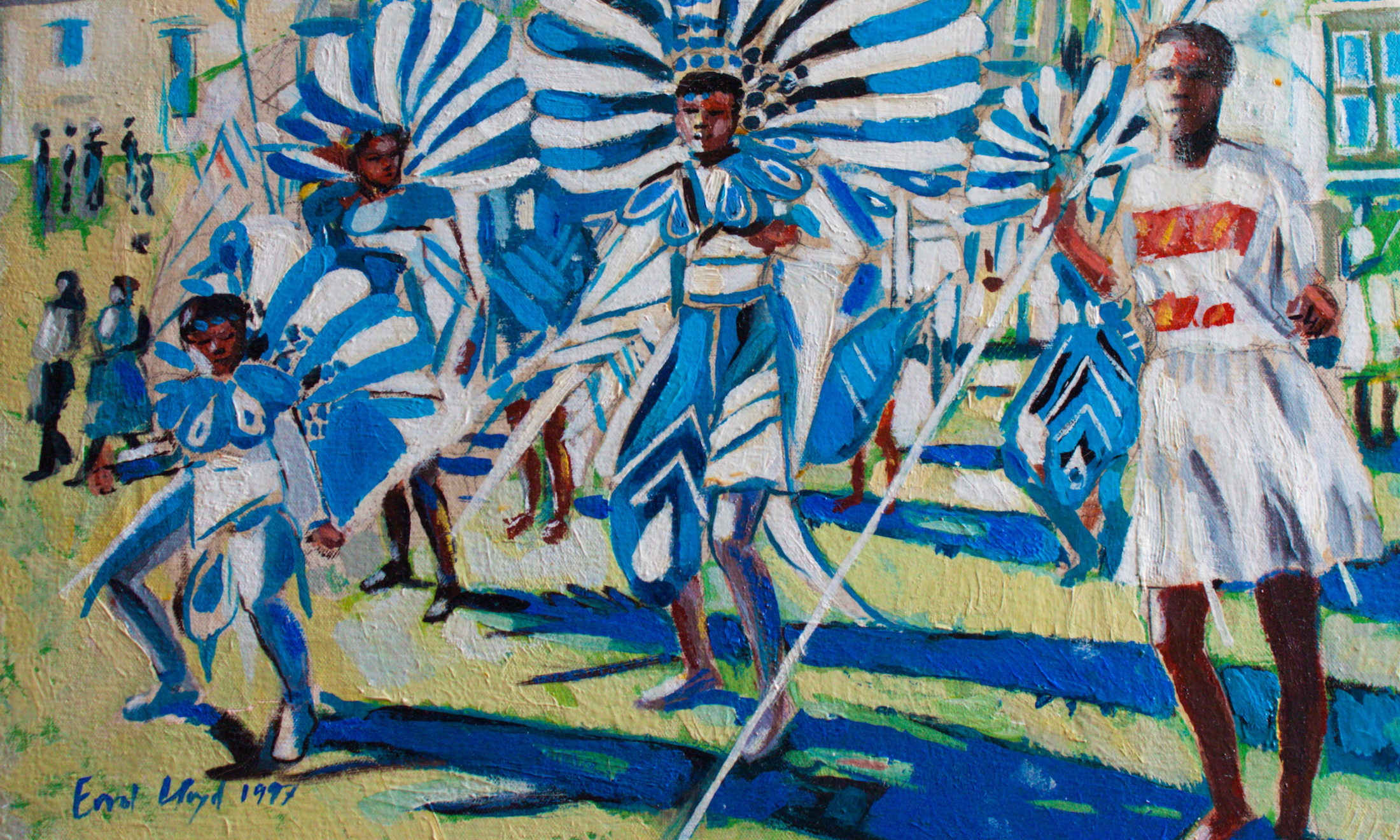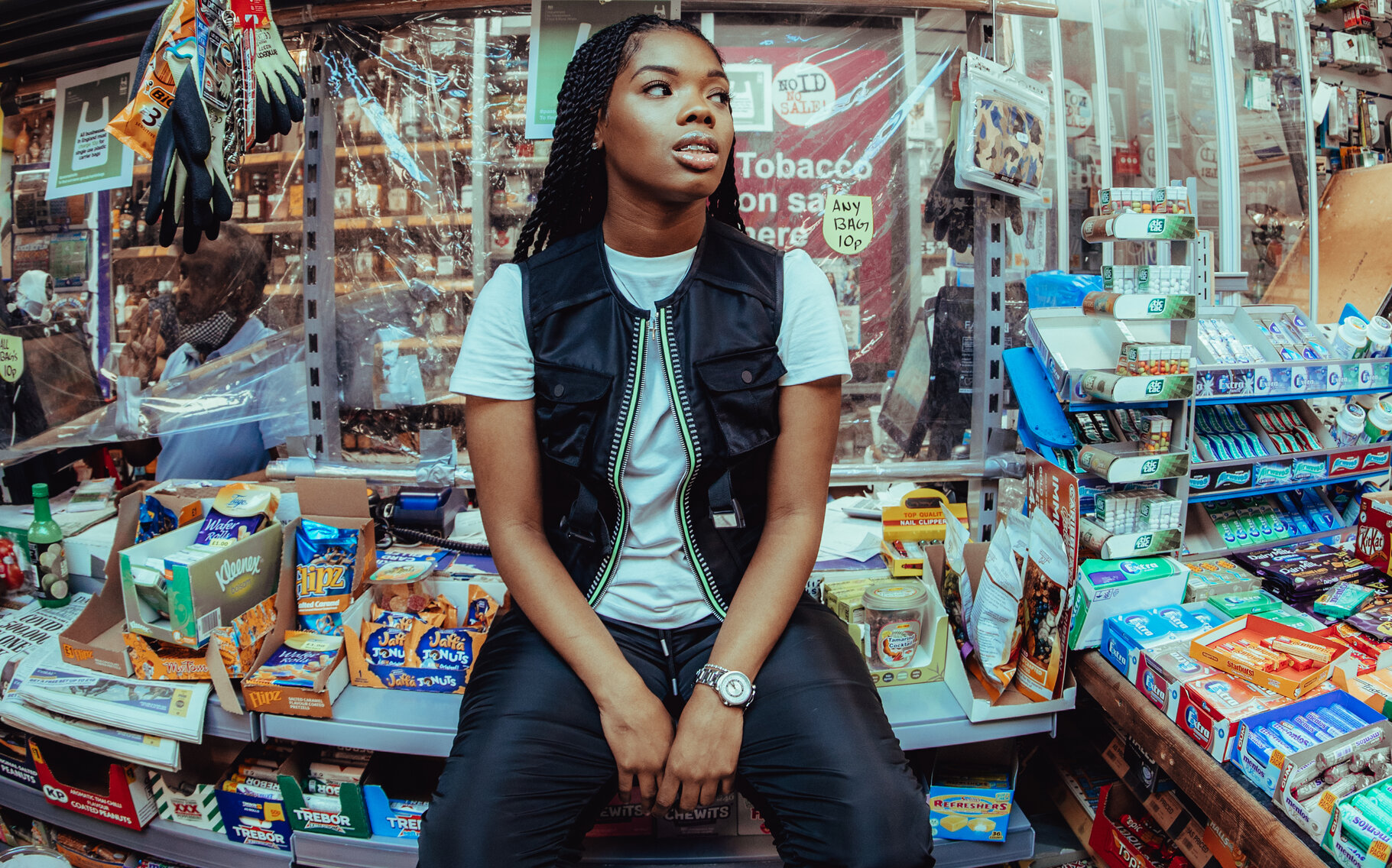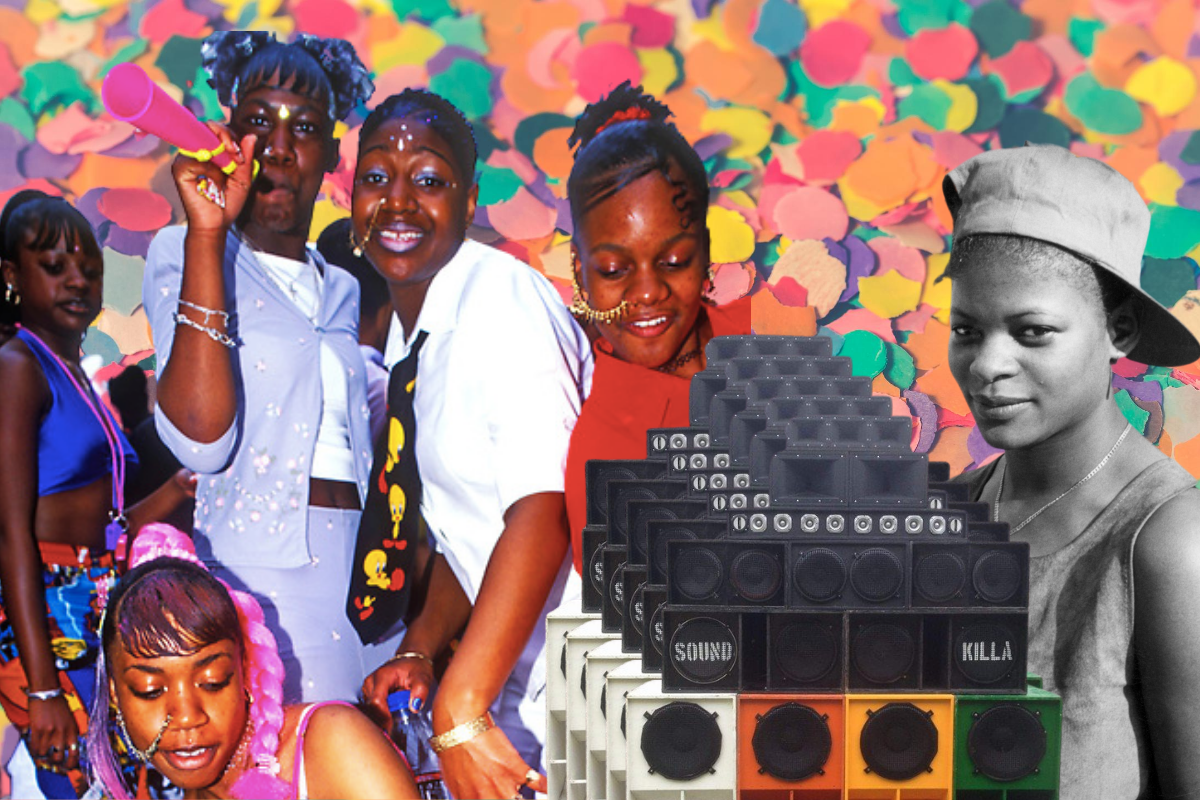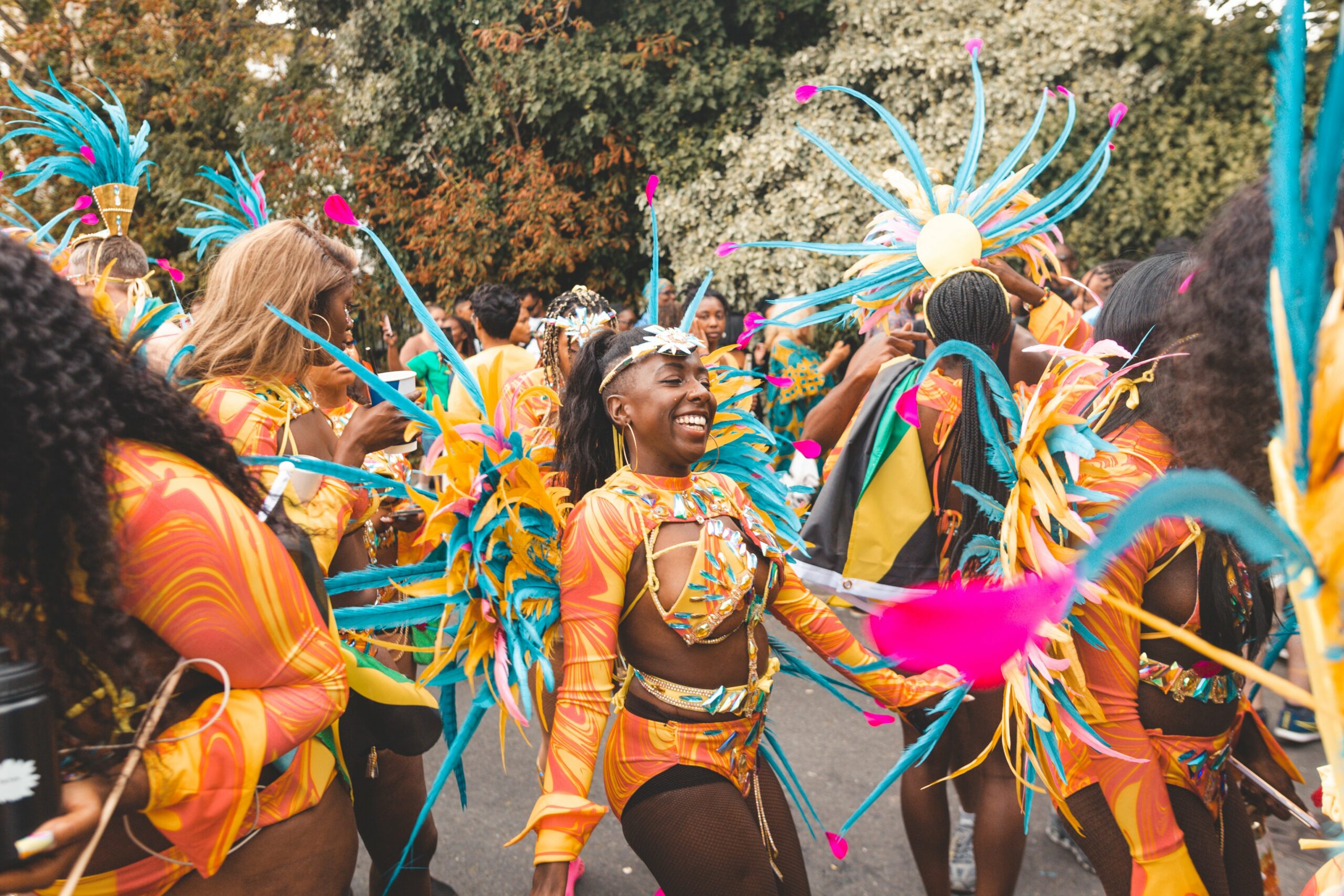
db Captures
Of course Carnival shouldn’t be moved to Hyde Park
Threatening to end Europe's biggest street festival is a Great British pastime and painting it as a hotbed of crime will be the only way it succeeds.
Kemi Alemoru
02 Sep 2022
Around two million people descended on the streets of West London during Carnival weekend, dancing atop bus shelters (which may need to be reinforced), daggering as if it were an Olympic sport, and exhibiting their best outfits – from mas costumes to flags from across the diaspora, it’s a technicolour explosion of style, culture, and joy. This year I attended both days, navigating the parade route, catching a bit of Sean Paul, hearing “ollie, ollie, ollie” and screaming “oi oi oi” in response at several sound systems from Rampage to Deviation. I haven’t seen that much unfiltered joy, en masse, in this miserable little country for years.
As with all large-scale events, there is a heavy police presence. Around 9,000-12,000 police officers are deployed at Carnival each year, and each year arrests are made. After a two-year hiatus, it returns to being the cause célèbre. Heartbreakingly, this year saw the tragic fatal stabbing of Takayo Nembhard, a 21-year-old rapper from Bristol who should have been able to have fun and return home like everyone else. After this incident the police enacted a Section 60 order in the area until 1am, meaning that they could stop and search people without cause for suspicion. The chairman of the Metropolitan Police Federation called for the event to be moved to Hyde Park, calling the event “absurd”.
This attack should, of course, be condemned, and it has caused a lot of understandable discussion about the safety of the event. It is extremely disappointing that there are some attendees who cannot behave themselves despite the obvious threat the event is facing from the state and local residents. Any loss of life at a joyous event is a horrendous tragedy and unfortunately mirrors the wider issue of youth violence in the UK. For the other days of the year this problem persists, and the police are presented as a draconian answer in lieu of truly preventative measures like poverty alleviation or community investment as seen in Scotland.
The fact that the Notting Hill area has long been gentrified by disgruntled wealthy residents who already hate the festivities adds another uncomfortable layer and when looking at the coverage of this violence on websites like the Daily Mail, Breitbart and LBC, there are uncomfortable conclusions drawn about Carnival, and large gatherings of Black people. The dog whistle is that Carnival is a feral display of debauchery, assault, and diversity gone mad, and the event will always be synonymous with violent disorder.
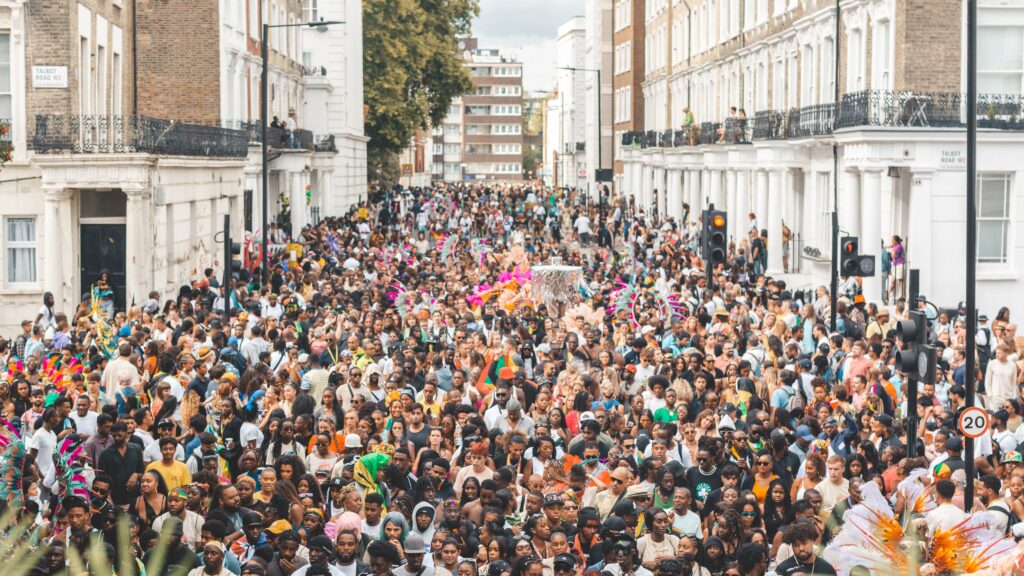
Yes, there were around 200 arrests, including six other non-fatal stabbings. But as with everything in life, context is key. An arrest rate of 200 for an event of 2 million attendees is 0.01%; assaults make up a tiny fraction of the crowd with around 46 people being arrested (0.0023% to be precise) and the second biggest cause for arrest is possession of drugs and that was 36 people. Yet as an event without tickets and without barriers or bag checks, the crime figures still clock in lower than other beloved parties and untouchable bastions of Britishness.
Often people make arrest comparisons between Glastonbury and Notting Hill, even though the two events are policed differently – Glastonbury is a five-day festival as opposed to a two-day street party, but there is a heavier presence on the streets of West London than on Worthy Farm. Nevertheless, for some years the events had a similar arrest rate per 10,000 attendees. Looking at other large-scale events, last year, 19 officers were injured at the Euros finals which had a much smaller crowd of around 67,000. This month, festivals like Reading and Leeds drew headlines for assaults, needle spiking, arson attacks, theft, and drug-related deaths. Yet there is not the same call for these events to be banned, the police are not appearing on television to fan more fear to threaten the existence of the festivals.
The pearl-clutching that takes place every August bank holiday mirrors the general obsession with London crime that exists all year round. Knife crime is spoken about as if it is a London issue, as it is a diverse city with many of the working-class residents also hailing from Black backgrounds. It is irrelevant therefore that Cleveland, Yorkshire, with a 98.9% white population, actually has had the highest level of knife crime in the country since 2019.
“An event that started as a celebration of Black culture in response to white violence is asked to justify its existence again and again”
Carnival has always been painted as a criminal event, leaving its future under threat. Documentaries dating back decades outline the tension between crowds and the police. It is historically an event that started as a celebration of Black culture in response to white violence in 1959 is asked to justify its existence again and again on the tenuous claim that it is one of the more violent mass events in the calendar when it statistically is not. In 2017, police bragged about seizing heroin miles away from Notting Hill in the week preceding the festivities and published that they had done so as part of a pre-Carnival crackdown on crime. Of course, this is an example of false equivalence. There is no evidence that the person arrested or the heroin would have been anywhere near the event.
What makes the call even more offensive this year is the string of horror stories from the Metropolitan Police in the last couple of years who have been embroiled in their own violent scandals, from the barbaric handling of the Sarah Everard vigil, her kidnap and murder at the hands of a fellow officer, how their officers took selfies with the bodies of Nicole Smallman and Bibaa Henry two murder victims of colour, the assault on Black children with disproportionate strip searches, and an array of sex abuse scandals within the force. While the Met Police Federation uses a tiny number of instances to question the future of carnival and create tension between itself and the community, it conveniently ignores how these communities are treated by officers all year round and have been largely silent or actively helped to cover up these disturbances to our collective peace.
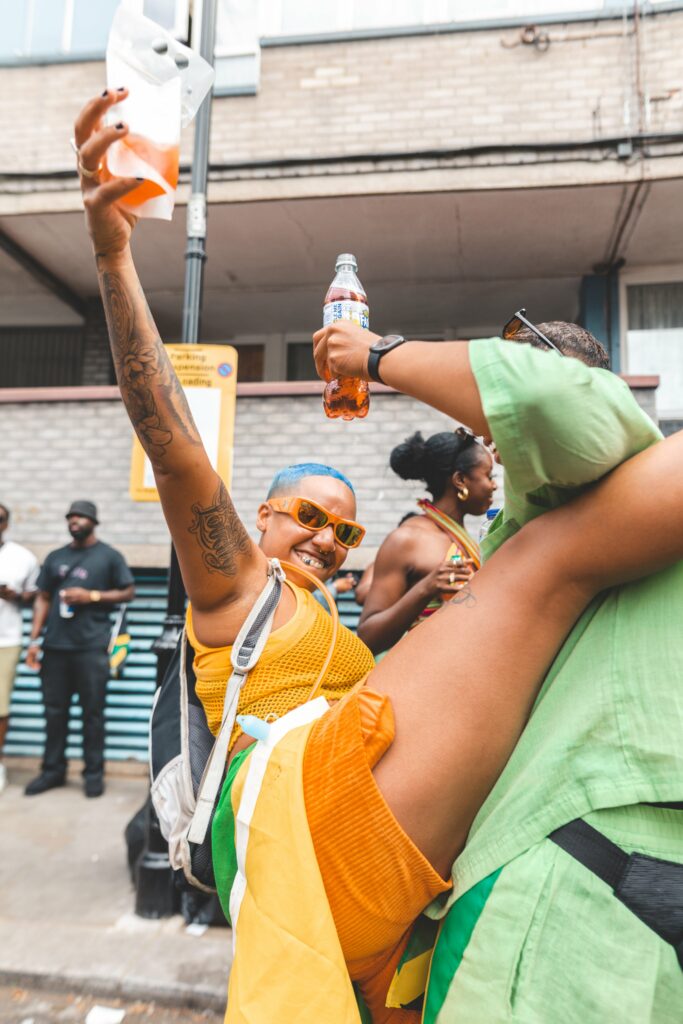
Similarly, in the run-up to this year’s Manchester Caribbean carnival, the Greater Manchester Police’s XCalibre gangs taskforce sent out possibly unlawful letters banning around 50 people from attending this year’s event. Despite the economic benefits of these events – it’s estimated that the carnival contributes £93 million to London’s economy – around the country, they struggle to attract adequate funding and sponsorship.
When researching for my chapter in Mother Country in 2019, I found that Manchester’s carnival had once been “completely independent” and organised by Caribbean community groups, but it is now in the hands of the city’s council. Anecdotally, some Mancunians feel that over the years the event is becoming more like a music festival than a traditional Caribbean carnival. It has also experienced a sharp fall in public funding and private sponsorship and faced allegations of the accounts for the event being in disarray and the payments and invoicing system being a “cowboy job”.
Similar patterns are happening elsewhere. In Bristol, St Paul’s Carnival didn’t even take place between 2002 and 2006, then again for three years between 2015-2018 due to funding and administerial troubles. Leicester Caribbean Carnival also didn’t take place in 2006 due to a lack of funding and is now a ticketed event where entry costs £8. “Over the years it has become very difficult to get the level of funding and sponsorship needed to meet the cost of staging the event,” the organisers wrote on the official website for ticket sales. “This is due to lack of sponsorship from the private sector and a significant reduction in our grant funding by the Leicester City Council.”
Many who count themselves as one of the millions that attended Europe’s biggest street festival in Notting Hill would likely count Carnival’s comeback as a resounding success. The commentary from the right-wing press, flag Twitter and the blue lives matter brigade, as they declare the event a disaster each year with glee, largely bears little resemblance to the euphoric images and videos uploaded online. Or the cheers and gyration I witnessed as Londoners lost their inhibitions. It’s been years without the floats, the soca, the eye contact with beautiful strangers. That joy should not be taken away again, or publicly frowned upon in mainstream media, neither should it be boxed it into Hyde Park.
Photography by db Captures.
Like what you’re reading? Our groundbreaking journalism relies on the crucial support of a community of gal-dem members. We would not be able to continue to hold truth to power in this industry without them, and you can support us from £5 per month – less than a weekly coffee.
Our members get exclusive access to events, discounts from independent brands, newsletters from our editors, quarterly gifts, print magazines, and so much more!
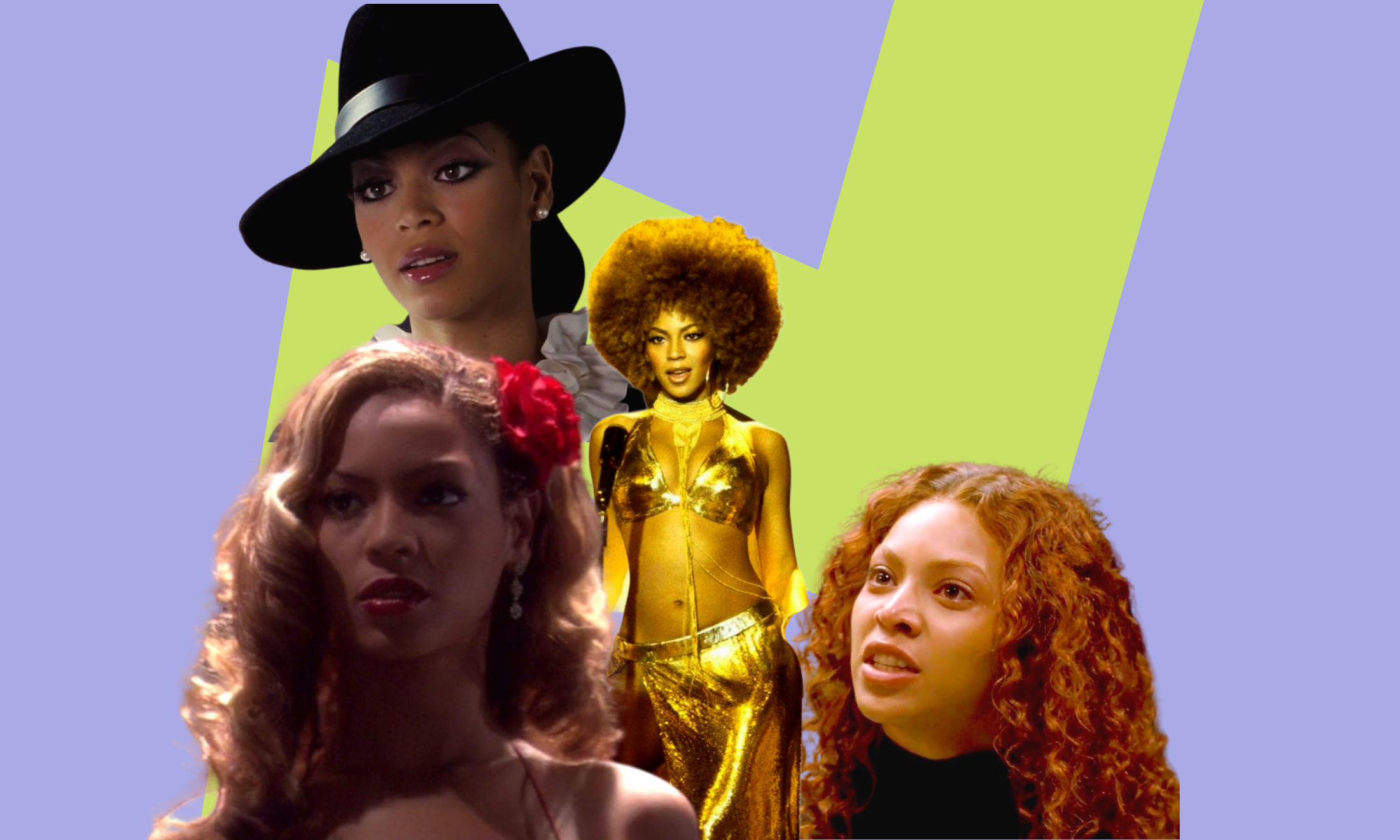
A ranking of Beyoncé’s filmography from must watch to please bury forever
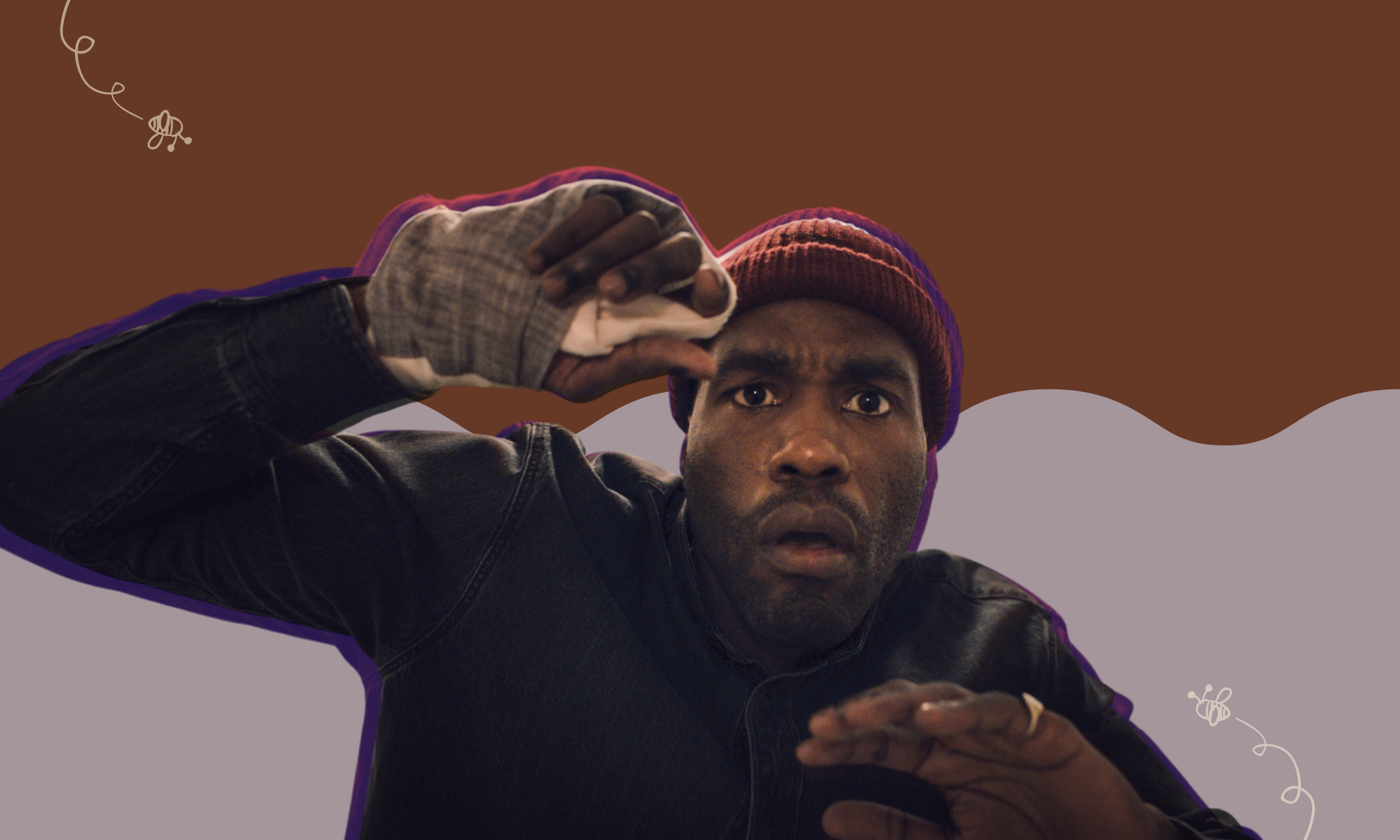
The new ‘Candyman’, like the black horror genre in general, is having an identity crisis

Janicza Bravo on how her stripper road-trip comedy Zola takes you on an unsettling unexpected journey
